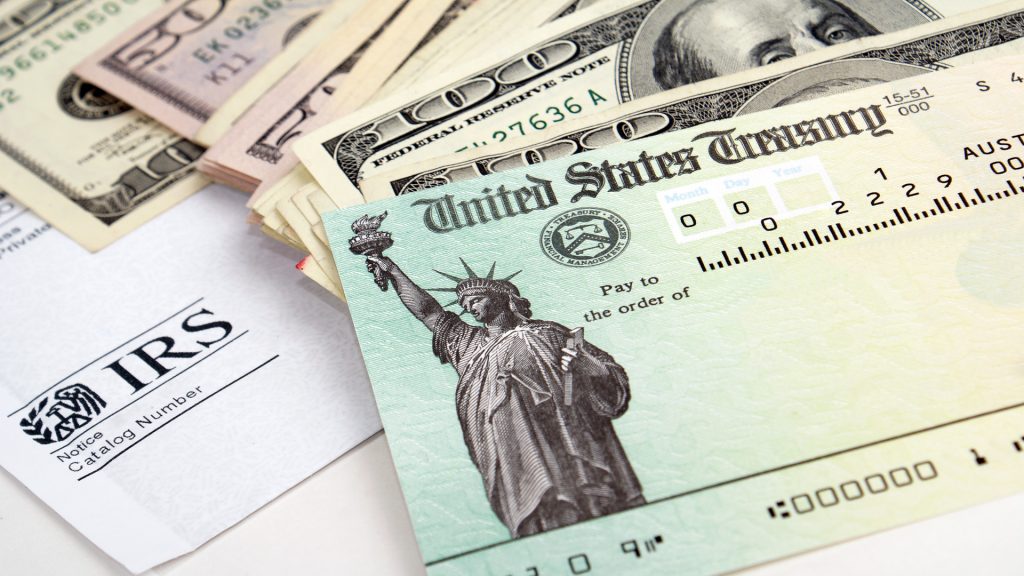In the world of personal finance, few things are as eagerly anticipated as a tax refund. But what happens when that refund is seized to pay off a debt? This article will delve into the circumstances under which your state tax refund can be seized, and more importantly, what rights you have in such a situation.
Understanding the Basics
Before we dive into the specifics, it’s important to understand the basic premise. Federal law allows only state and federal government agencies to take your refund as payment toward a debt. This means individual or private creditors cannot directly garnish your tax refund. However, once you deposit the refund into your bank account, these rules no longer apply.
The Role of Non-Tax Federal Debts
Certain federal agencies have the authority to garnish your tax refund. For instance, the Department of Education can seize your refund for unpaid student loans. Similarly, the Department of Health and Human Services can garnish your refund for child support arrears. If you have unpaid debts with these agencies, it’s crucial to address them promptly to avoid losing your refund.
State Tax Debts and Your Refund
If you owe money to a state government, that state may garnish a portion of your federal tax refund. This is a common method used by states to recover unpaid taxes. It’s important to stay on top of your state tax obligations to prevent this from happening.
The Impact of Unpaid Child Support
Unpaid child support is another common reason for a tax refund seizure. The Bureau of the Fiscal Service will send you a notice if an offset occurs. If you’re married and file a joint return, you can file an injured spouse claim to get your portion of the refund. This is a crucial step to ensure that your portion of the refund is protected.
Unemployment Compensation Debts
Unemployment compensation debts owed to a state can lead to a full garnishment of your federal tax refund. This usually happens when the state determines that the unemployment benefits were overpaid or fraudulently claimed.
Bankruptcy and Tax Refunds
If you’re in bankruptcy, your refund may be subject to garnishment for the benefit of your creditors. This is a complex area of law, and if you’re in this situation, it’s advisable to consult with a bankruptcy attorney.
Responding to a Notice of Intent to Offset
If you receive a Notice of Intent to Offset, it’s important to review it for accuracy. You have the right to inspect and copy records related to the debt. If you believe the information in the notice is incorrect, you can dispute the debt. The notice will provide instructions on how to contact the agency and dispute the information.
Protecting Your Rights
Understanding your rights is key to protecting yourself from an unjust seizure of your refund. For instance, the first $750 of any federal tax refund cannot be seized. Federal refunds cannot be taken for most types of consumer debts like credit card bills. However, each state’s rules vary, so it’s best to verify their rules using their website(s), or by contacting an attorney/legal consultant who could advise based on those specific statutes & case laws how better one should proceed.
Conclusion
Just because you received a notice, doesn’t mean that you don’t have options. By reaching out to the right people and understanding your rights, you can protect yourself from an unfair seizure of your refund. Always remember to stay proactive in understanding these issues related to debtor effectively protects oneself from unjust seizure by governmental agencies/creditors.
FAQs
**H3: Can the government seize my tax refund if I owe back taxes?**
Answer: Yes, the Internal Revenue Service (IRS) has the authority to levy or seize your tax refund if you have unpaid taxes or tax debts.
**H3: What are my options to prevent the IRS from seizing my tax refund?**
Answer: You can set up a payment plan with the IRS, such as an Installment Agreement or Offer in Compromise, to address your tax debt and prevent seizure of your refund.
**H3: How can I check if the IRS has a lien or levy on my tax refund?**
Answer: You can access your tax account transcript online via the IRS Get Transcript application or by contacting the IRS directly to check if there are any federal tax liens or levies on your refund
